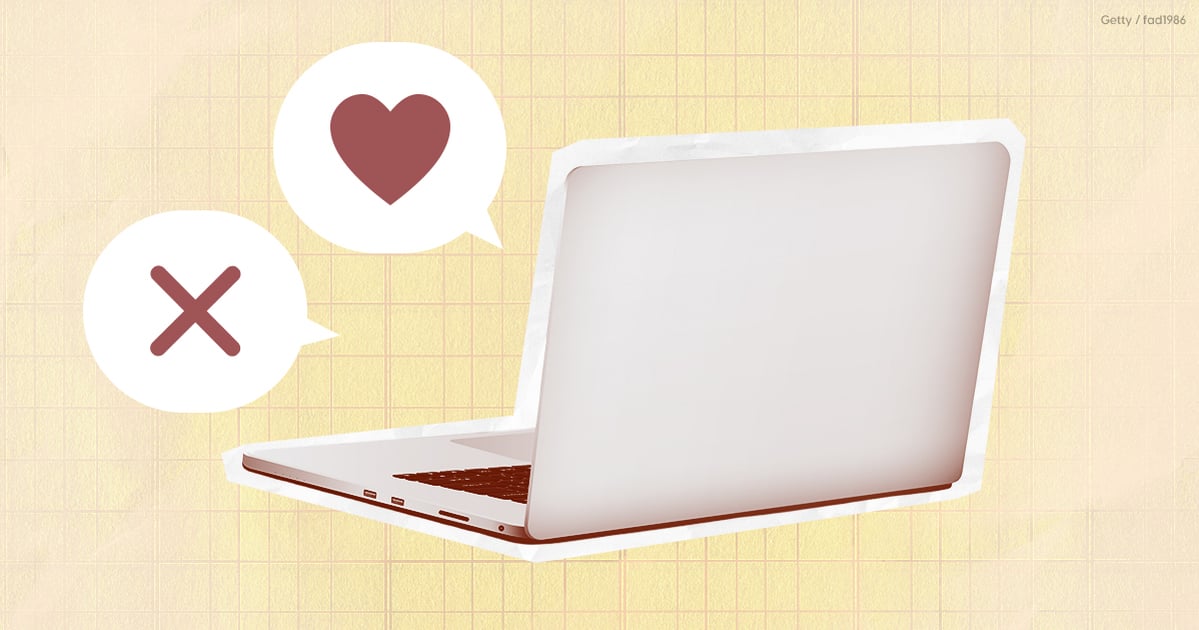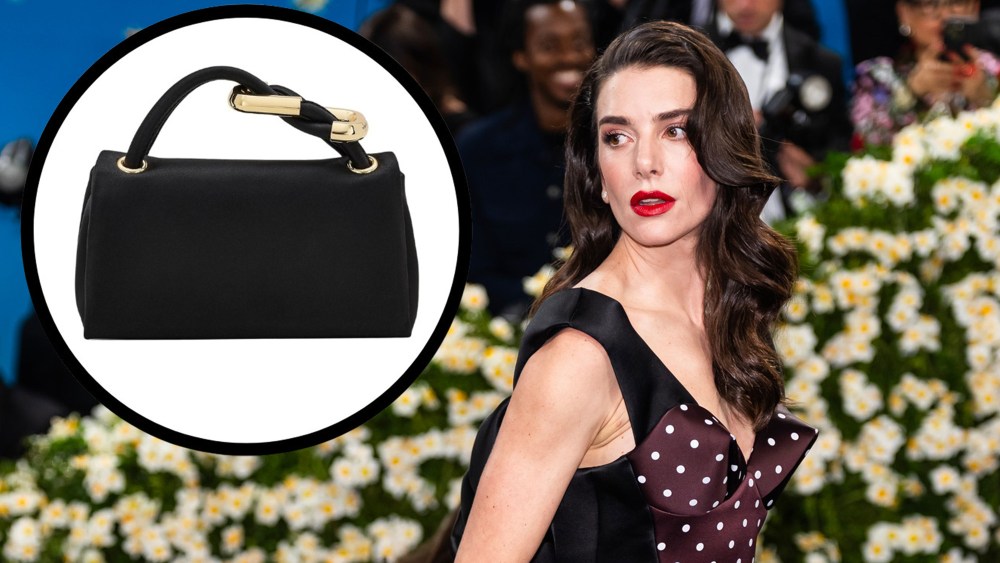Dates are like snowflakes. Some are exquisite, some fall flat immediately, some are particularly cold, and some are so beautiful you wish they’d last forever. But let’s be real. It’s wild out there in the dating world, and there’s no shame in admitting it can be overwhelming to keep track of your dates. There’s no blueprint for successful dating, but there’s a new hack on the block to make it a little more fun and a lot more organized: dating spreadsheets.
As the name quite literally implies, a dating spreadsheet is a way to keep track of your dating life, says Lily Womble, a feminist dating coach and host of “The Date Brazen Podcast.” Whether you’re an Excel purist or Google Sheets die-hard, the spreadsheet is a way to measure the quality of dates you go on in an orderly fashion. For example, categorizing how you met, where you went on the date, and what you do or don’t like about the potential partner.
Sixtine Rouyre, a model and 2023 SI Swimsuit Rookie, recently spoke about her dating Excel spreadsheet in a “Confident Collective” episode, and the method went viral. “It started because my friend and I set a goal of us going on one date a week, but that’s a lot of dates, so we decided to keep track while doing it,” she tells POPSUGAR. “The whole goal was that we wanted to have fun with dating, rather than it being this daunting thing we dread and have anxiety over. I needed to find a way to enjoy being single.”
Dating spreadsheets are also a place for self-reflection and learning, says Jenny Eishingdrelo, who documented her spreadsheet experiment on TikTok. “I started out logging my dating app data to learn about myself and to see if there were any patterns to the dates so I could find my ‘person’ and get off the apps,” she tells POPSUGAR. “I found that I’ve never converted a coffee date to a second date, and my hypothesis for this is that coffee dates aren’t sexy; they feel stiff like an interview, and you don’t get that sense of serendipity and playfulness from them.”
Intriguing, right? So, are spreadsheets the new dating hack? Fire up your laptop because here’s everything you need to know about this dating technique – including the pros, cons, and what to include on your list.
Benefits of Dating Spreadsheets
Logistically speaking, a dating spreadsheet is an intentional and centralized place to keep track of all your romantic interactions – the good, the great, and the not so great, says Womble. “Without a centralized hub of information, cognitive overload (aka your brain having way too much information to keep track of after dates) sets in, so memories become hazier, and impressions and date situations become fuzzier.”
Keeping track of your dates is also a way to truly reflect on each experience, Womble says: “Without an intentional place to check in and write down your thoughts post-date, you are more likely to give the wrong people more chances.”
On the flip side, a spreadsheet can also help you recognize your own dating tendencies and patterns. For example, Eishingdrelo found that it typically took her about three dates to get a sense if she’s compatible with someone. “Some first dates are exciting and new but lose their luster by the third date in a different context, while some first dates were so-so, but I grew to really like them after repeated hangouts,” she says. “My recommendation for daters is to not rely on ‘feeling the spark,’ since I didn’t find it to be accurate.”
Plus, if you’re going on a bunch of bad first dates, you can use your dating spreadsheet as evidence to tweak your vetting process and shift what questions you ask pre-date. As Womble explains, “This puts you in the driver’s seat of finding the best dates, instead of feeling like the victim of bad ones.”
Another perk? Spreadsheets are a great way to track your personal growth, according to relationship expert Nicole Moore. “The basic philosophy here is that every date can be used to grow you forward into the person who can receive a really great partnership,” she tells POPSUGAR. “You’ll not only be ranking dates, but you’ll include the necessary quality of self-reflection and introspection that is often the best thing you can do if you want to find real love.”
And last but certainly not least, a spreadsheet can keep dating light-hearted and less intimidating. “I went into it with the intention to keep it fun, meet people, hear their stories, and get a different perspective on things,” Rouyre says. “All the data is fun and it’s nice to have a reference to go off of.”
Potential Downsides of Dating Spreadsheets
Like most things in life, dating spreadsheets aren’t flawless. For Rouyre, it’s important to remember that it’s not about making the “perfect” spreadsheet. “Not everyone has to be ‘the one,’ and sometimes it can just be ‘the one’ for the night,” she says. It’s about going in with an open mind and being able to reflect on how that date informs the next one.
A dating spreadsheet should also not make you feel discouraged or inadequate, Womble says. “People who are feeling more hopeless can use the spreadsheet as ‘evidence’ that what they want doesn’t exist,” she explains. “Instead of using the spreadsheet as a tool to make their dates better, they look at the spreadsheet as evidence that what they want doesn’t exist which then leads to burnout and zero dates.”
Dating Spreadsheet Template
A lot comes down to personal preference, needs, goals, and desires, but here’s a few things to consider to get you started, according to Rouyre, Womble, and Moore. (FYI: You don’t need to include every question or category on your spreadsheet. Find what’s important to you and go from there.)
The Basics:
- Name
- Date (as in day/month/year)
- How did you meet?
- What did you go on the date/where did you go?
- What do they do for work?
- What did you like about the person?
- Was there anything you didn’t like or were unsure about?
- Any red flags?
- Do you want to see them again?
- How many dates have you been on?
The Juicy:
- Are you attracted to them?
- Do they have a good personality?
- Did you kiss and/or have sex?
- Miscellaneous notes
The Deep:
- What intentional questions did you ask before the date? How did their answers make you feel?
- What did you talk about that made you come alive?
- Did they ask good questions?
- What did you learn about yourself or your preferences on this date?
- Did they show you what you don’t want, so you’re clearer on what you do want?
- Did they genuinely seem like someone who could potentially be a real match?
The Bottom Line
Remember that dating is meant to be enjoyable, pleasurable, and exciting. There isn’t a one-size-fits-all approach, and no date is a waste of time if you find the growth, Moore says. If a spreadsheet makes you feel confident and adds some useful spark to your dating life, give it a try.




